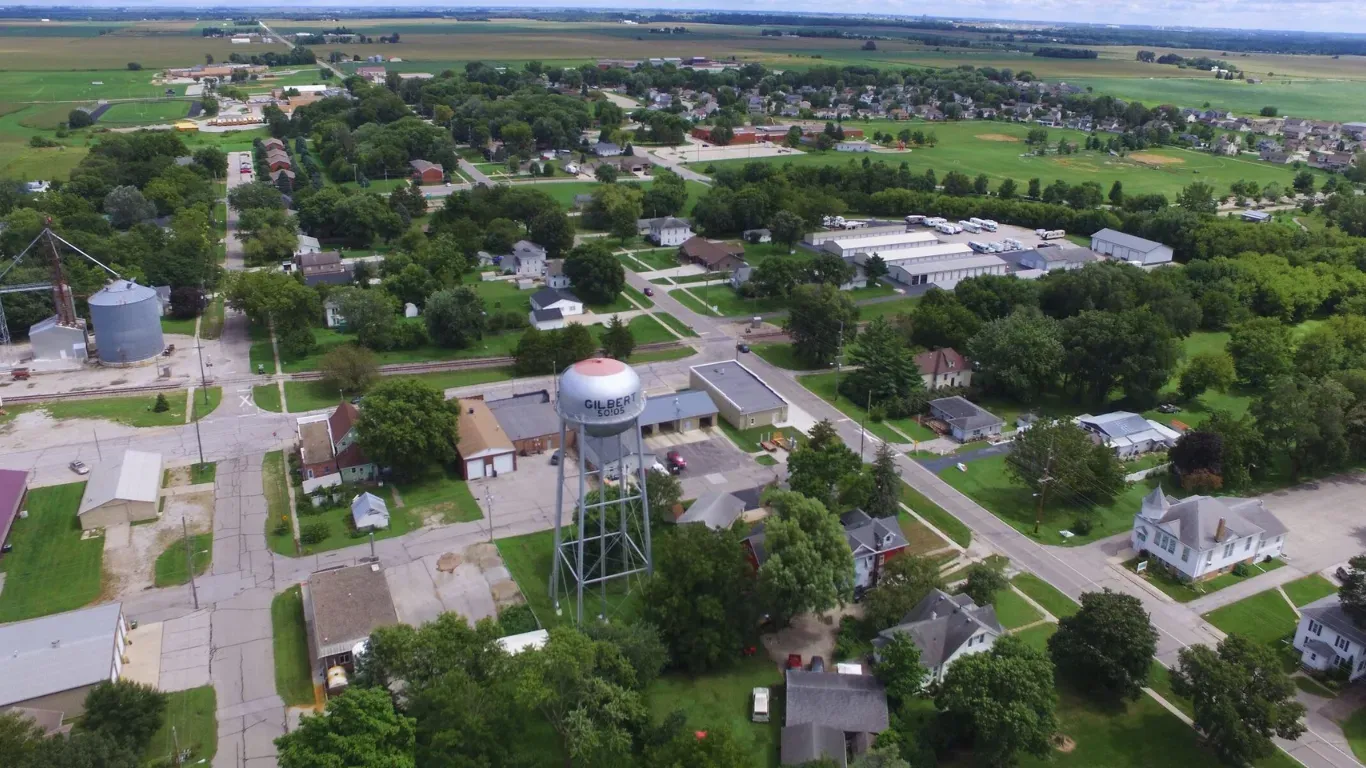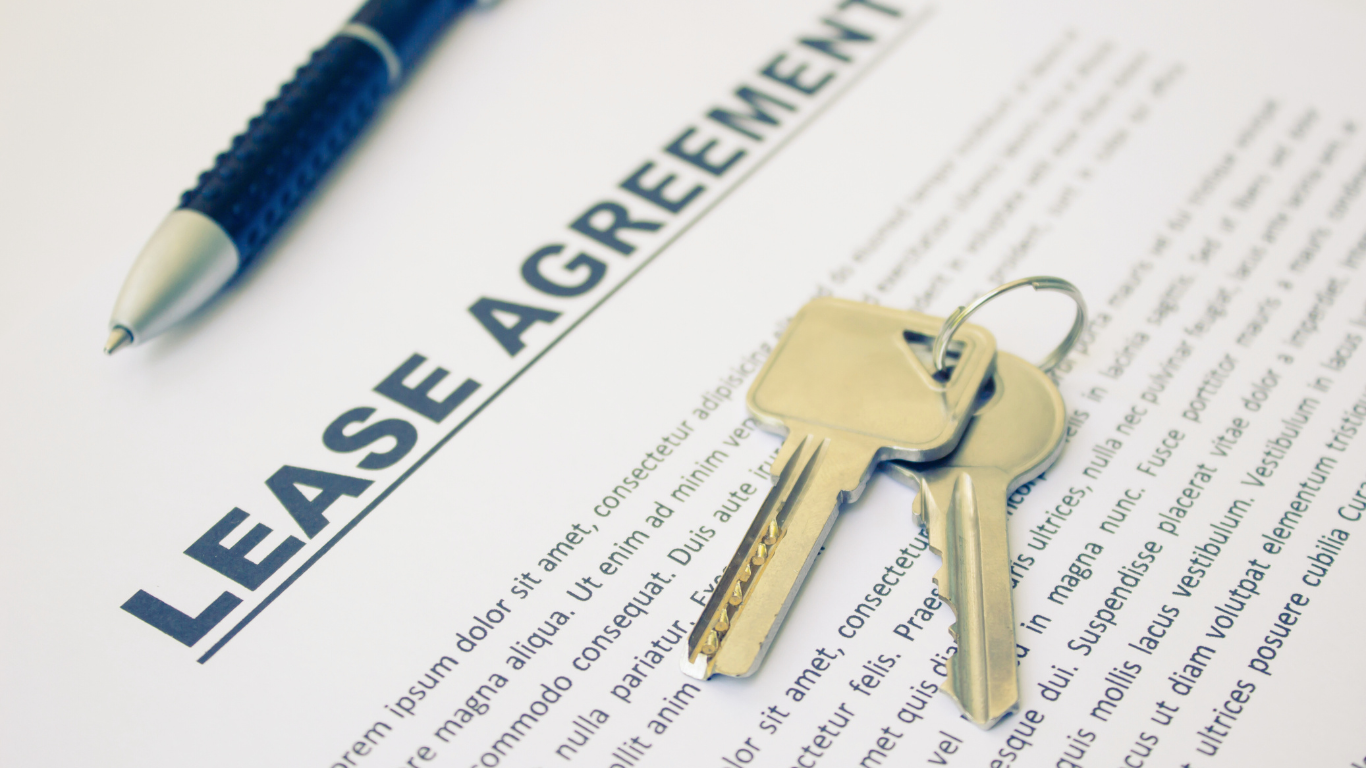Whether it’s your first time renting or you’ve been renting for several years, renters insurance might not be at the top of your priorities, but it should be. Life is unpredictable; every renter should utilize renters insurance because it's affordable, most rentals require it, and it can spare lots of stress if something unexpected happens.
What Is Renters Insurance? [H2]
Renters insurance is a type of property insurance. You can get renters insurance from different insurance agencies, whether they’re big nationally or operate on a regional level. Some examples of national insurers include State Farm, Nationwide, GEICO, and Allstate.
What Does It Cover? [H2]
While the specifics of what renters insurance covers vary from policy to policy, there are three main areas that renters insurance is sure to cover: personal belongings, liability, and additional living expenses. Policies vary based on factors like state regulations, company-specific options and features, and coverage limits and values. It should be known that renters insurance doesn’t cover the structure of the building; that part is usually included in the landlord's insurance policy.
Personal Belongings [H3]
If your rental property faces an unexpected event and your belongings are damaged, renters insurance may be able to cover part of the expenses to help you replace your items. Renters insurance will only cover what your company offers minus your deductible. However, it’s important to note that renters insurance will only cover the cost of your personal belongings if damage is caused by an incident or peril laid out in your policy. Knowing what your policy covers will help you avoid surprises and feel more comfortable with your plan. Several events that could be covered with renter’s insurance include:
- Fire and lightning
- Theft and vandalism
- Water damage
- Smoke
- Explosions
- Windstorm and hail
Liability
Renters insurance can help cover expenses in various ways regarding liability. Renters insurance may cover expenses if you're deemed liable for injuries to others in your rental property, damages to others' property, or legal expenses. For example, if a guest slips on a wet floor and you’re liable, renters insurance may be able to cover their medical expenses. If a fire starts in your apartment and spreads to the neighboring unit, causing damage, renters insurance might help cover some of the damage costs. In either of these situations, were you to be sued, renters insurance might help cover legal defense costs.
Additional Living Expenses
If you have to leave your rental property due to it becoming no longer livable (because of a covered event), renters insurance can cover a portion of the cost of temporary living. This might include the cost of staying at a hotel or other rental property while repairs take place, temporary storage fees, and even increased food costs if you cannot cook in your temporary living space. When it comes to covering costs from unpredictable events, these main coverage areas from renters insurance help you stay prepared for the unexpected.
What’s Not Covered?
There are certain instances where renters insurance generally doesn't cover the cost of damages. Some examples are:
- Natural Disasters
- Floods
- Earthquakes
- Landslides
- Sinkholes
- Pest damage
- Mold damage (in most cases)
- Damage to the structure of the building (the landlord's insurance policy usually covers this)
Renters insurance offers valuable protection, but it's just as important to know what's not included with your plan to ensure you're confident with your coverage.
Secure Living With Hunziker
Renting a new place is exciting, but don’t forget to protect yourself with renters insurance. Hunziker Property Management requires it for all leaseholders, and it’s the best way to protect your belongings and peace of mind. If you’re looking for your next rental, HPM offers a wide selection in Ames, Gilbert, Ankeny, and beyond. Contact us today to find a property that fits your needs- insurance peace of mind included.












